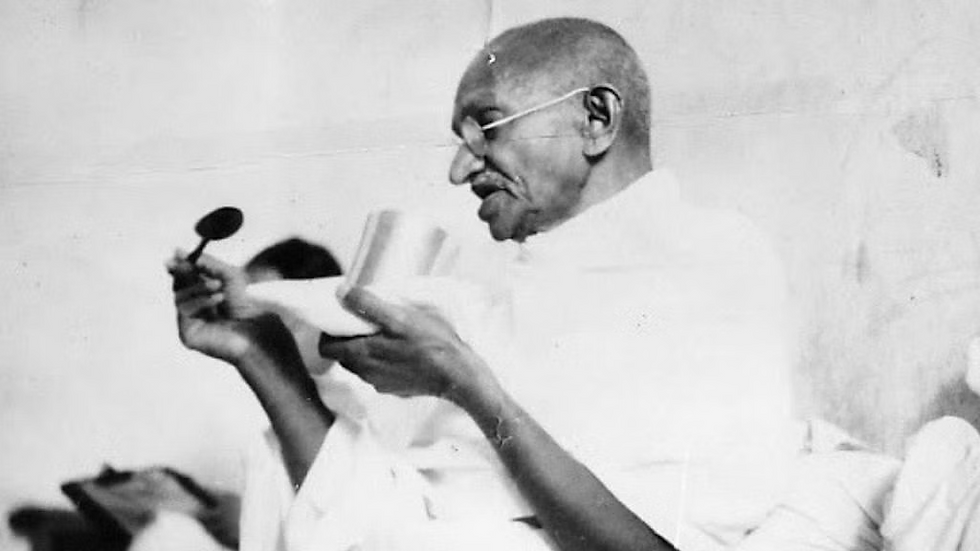The best way to find yourself is to lose yourself in the service of others
- MGMM Team
- Jul 5, 2023
- 2 min read
Discovering oneself is a journey that often involves navigating through various experiences and introspective reflections. While there is no single prescribed path to self-discovery, one approach that holds profound wisdom is losing oneself in the service of others. This notion, attributed to Mahatma Gandhi, encourages individuals to immerse themselves in acts of kindness and selflessness, ultimately leading to a deeper understanding of themselves and their place in the world.
When we dedicate our time and energy to serving others, we shift our focus away from our own needs and desires. This shift allows us to gain a broader perspective on life, enabling us to transcend our own limited perceptions and self-centeredness. Engaging in acts of service helps us recognize the interconnectedness of humanity and the significance of our contributions to the collective well-being.
Service to others can take many forms. It may involve volunteering for a charitable organization, engaging in community initiatives, or simply lending a helping hand to those in need. By actively participating in such endeavors, we begin to witness the impact of our actions on the lives of others, fostering a sense of purpose and fulfillment within ourselves.
In the process of serving others, we often encounter diverse individuals with unique backgrounds, perspectives, and struggles. This exposure broadens our understanding of the world, breaking down preconceived notions and biases. We learn to appreciate the inherent value and worth of every human being, cultivating empathy, compassion, and respect.

Moreover, by dedicating ourselves to service, we develop valuable skills and qualities that contribute to our personal growth. We enhance our communication abilities, learn to collaborate effectively and develop leadership skills through guiding and inspiring others. These experiences build resilience, foster a sense of responsibility, and empower us to overcome challenges.
While serving others, we may also find ourselves confronted with our own limitations and weaknesses. Interacting with individuals facing adversity can highlight our own vulnerabilities, forcing us to confront our fears and insecurities. Through this self-reflection, we can identify areas for personal growth and work towards self-improvement.
Furthermore, the act of selflessly serving others often brings about a sense of joy and fulfillment that transcends personal satisfaction. Witnessing the positive impact of our actions on others' lives instills a profound sense of purpose and contentment within ourselves. It allows us to connect with our inherent capacity for kindness, generosity, and love, nurturing a deep sense of self-worth.
Importantly, losing oneself in the service of others does not imply neglecting one's own needs. It is essential to maintain a balance between self-care and service, ensuring our own well-being while extending support to others. Self-care practices, such as setting boundaries, practicing mindfulness, and seeking personal growth opportunities, enable us to sustain our ability to serve effectively and authentically.
In conclusion, losing oneself in the service of others provides a transformative path towards self-discovery. By immersing ourselves in acts of kindness and selflessness, we expand our perspectives, cultivate empathy, develop valuable skills, and experience the joy of making a positive difference in the world. Through this journey of service, we ultimately come to understand ourselves more deeply, finding purpose, fulfillment, and a profound connection with our own humanity.



Comments